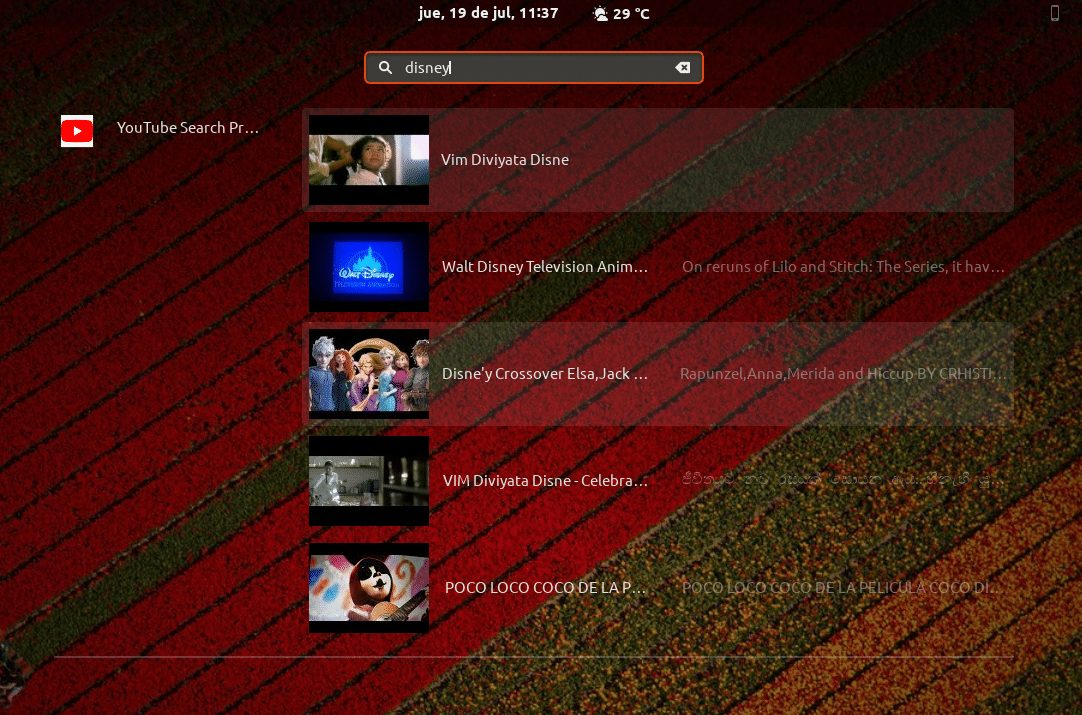
#UBUNTU OPENZFS 2.0 HOW TO#
09:09:13 zpool scrub backups How to scrub a zfs pool: The simplest way to check your data integrity is to initiate an explicit scrubbing of all data within the pool.

22:06:33 zfs set compression=lz4 backups 22:03:38 zpool create backups mirror oglebkp-part1 sunbkp-part1 Zpool replace rex sdb sdx How to check the history of events in a zfs pool: zpool history backups Oglebkp-part1 FAULTED 0 0 0 too many errorsĮrrors: No known data zpool clear zpool status backupsĮrrors: No known data errors How to replace a disk in a zfs pool: Sufficient replicas exist for the pool to continue functioning in aĪction: Replace the faulted device, or use 'zpool clear' to mark the device Status: One or more devices are faulted in response to persistent errors. Zpool clear backups Example: zpool status backups Zpool create backups mirror oglebkp-part1 sunbkp-part1 Example: zpool create backups mirror oglebkp-part1 zpool listīackups 99.5G 92.5K 99.5G 0% 1.00x ONLINE df -h /backupsįilesystem Size Used Avail Use% Mounted onīackups 98G 0 98G 0% /backups If one of your disk was gone form the pool and is back now, you can do the following: Zfs compressratio 3.05x cp test.tar du -sh du -sh /tmp/test.tarģ1M /tmp/test.tar How to create a mirror zfs pool: rw-r-r- 1 root root 31672320 Dec 1 23:11 zfs get compressratio zfs Tar: Removing leading `/' from member ls -laĭrwxr-xr-x 26 root root 664 Dec 1 23:06. Zfs compressratio 1.00x - Compression test: tar -cf test.tar /var/log/ No pools available To enable compression to your zfs pool and list it, do the following: zfs set compression=lz4 zfs get compressratio zfs Zfs 106K 4.89G 29K /zfs If you want to delete the zfs pool, you can do it with the following command: zpool destroy zpool list Zfslv ONLINE 0 0 0 The moment you create a pool, an zfs filesystem will be created also so you can list it also like this (the mount point will be the name of the pool): zfs list
#UBUNTU OPENZFS 2.0 FREE#
NAME SIZE ALLOC FREE CAP DEDUP HEALTH ALTROOT Zpool list Example: zpool create zfs zpool list Now you can play with it if you have spare disks: Create a simple pool (no mirror or raid) and list it afterwards: The following NEW packages will be installed:ĭebootstrap libnvpair1 spl-dkms ubuntu-zfs zfs-dkmsġ packages upgraded, 10 newly installed, 0 to remove and 592 not upgraded.

#UBUNTU OPENZFS 2.0 INSTALL#
[.useless output aptitude install debootstrap spl-dkms zfs-dkms ubuntu-zfs Gpg: key F6B0FC61: public key "Launchpad PPA for Native ZFS for Linux" imported Gpg: /tmp/tmp74YZpk/trustdb.gpg: trustdb created

Gpg: requesting key F6B0FC61 from hkp server Gpg: keyring `/tmp/tmp74YZpk/pubring.gpg' created Gpg: keyring `/tmp/tmp74YZpk/secring.gpg' created # aptitude install debootstrap spl-dkms zfs-dkms ubuntu-zfsĮxample: apt-add-repository -yes ppa:zfs-native/stable # apt-add-repository -yes ppa:zfs-native/stable Moved the wheezy installation instructions at the end of this document. So all you have to do now is: apt updateĪpt install dpkg-dev linux-headers-$(uname -r) linux-image-amd64 In theory should be faster and more reliable and according to my tests so far, it is amazing! First of all, install ZFS: UPDATE: ZFS packages are included in debian repository. This is the real deal, the native ZFS for Linux, without fuse support. Before starting, I have to mention this tutorial is not about ZFS Fuse which comes by default with Debian.


 0 kommentar(er)
0 kommentar(er)
